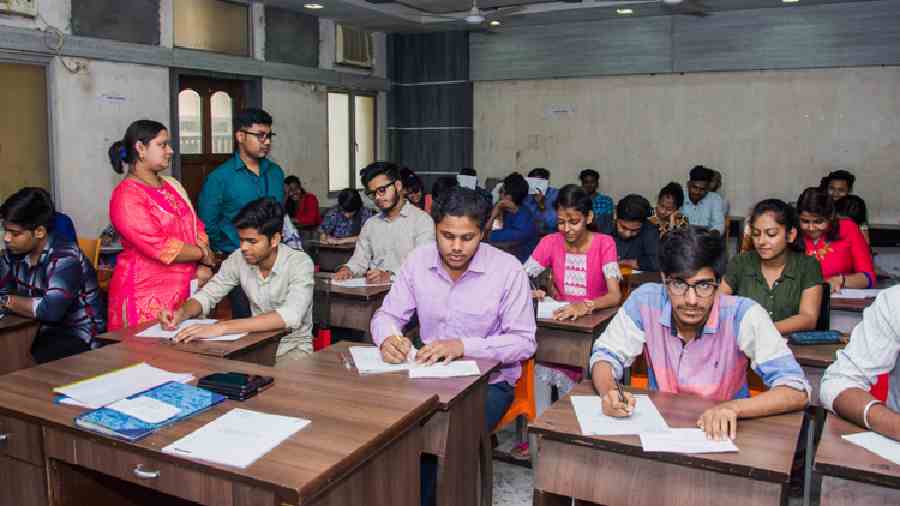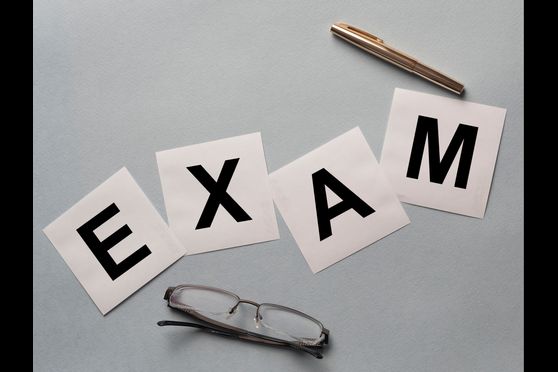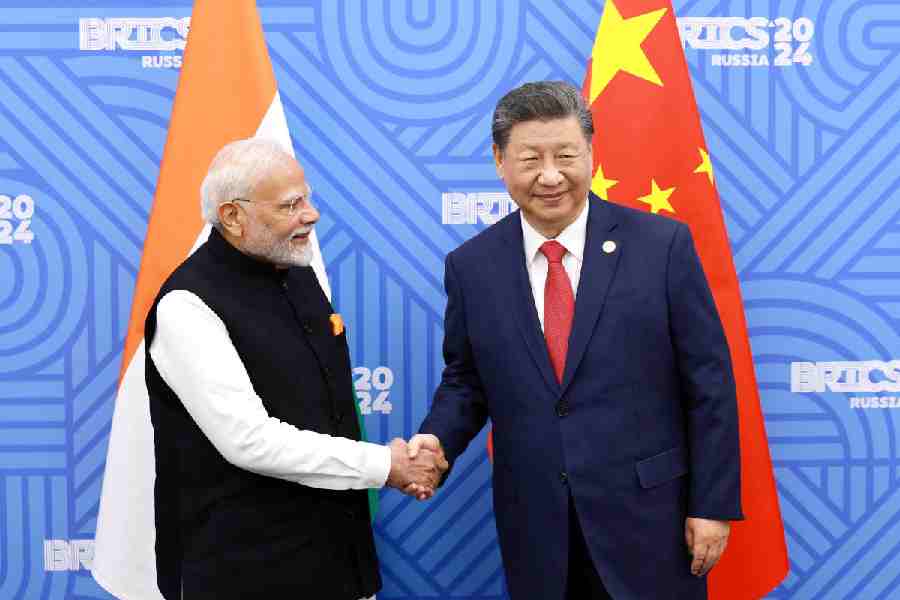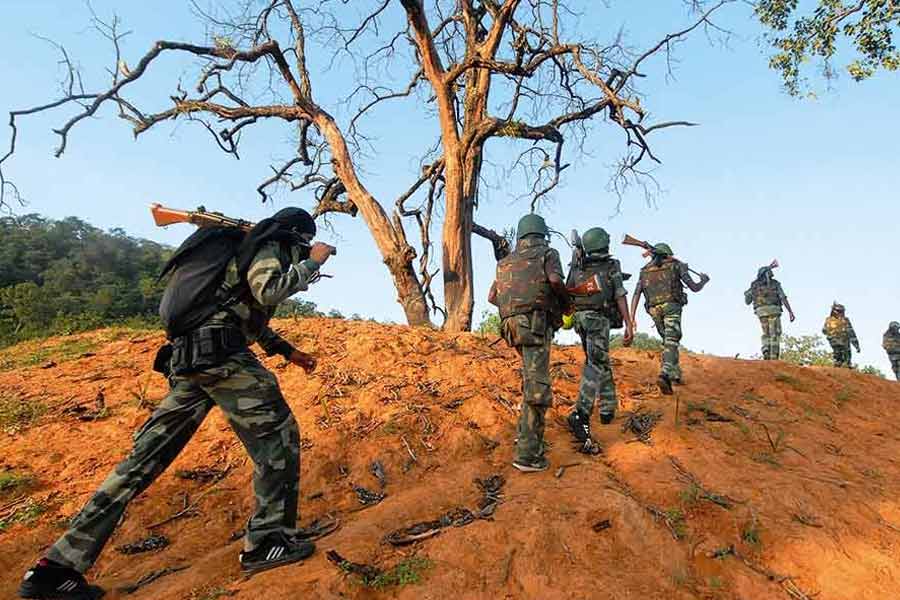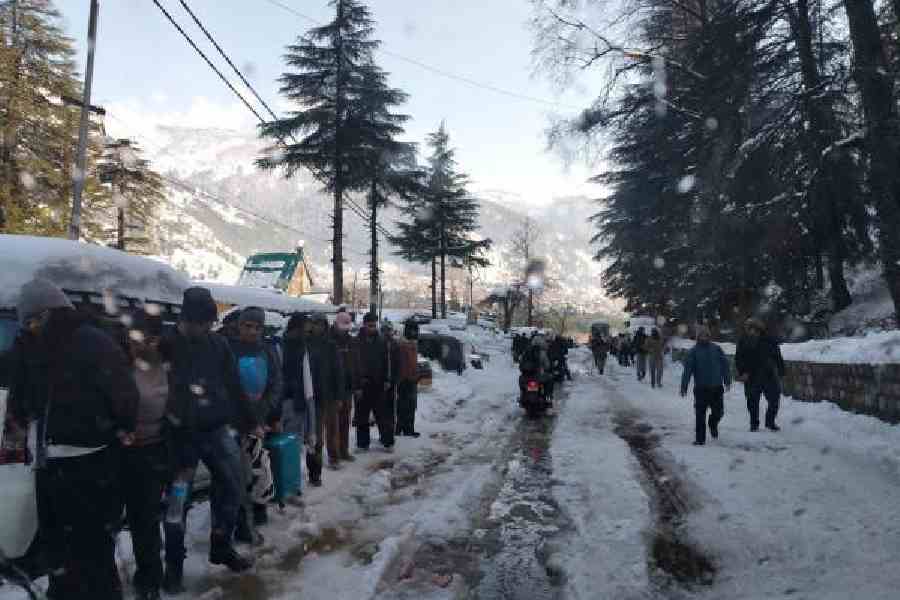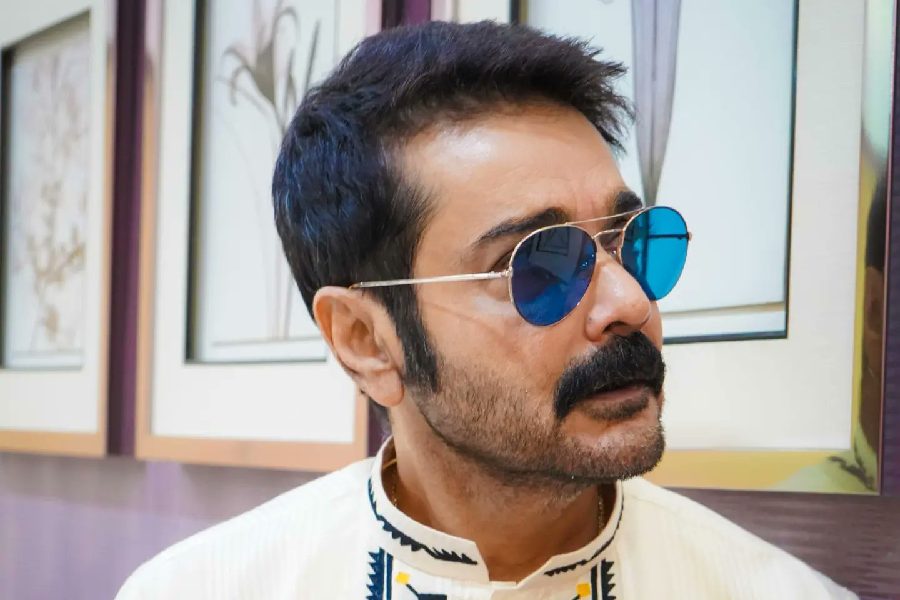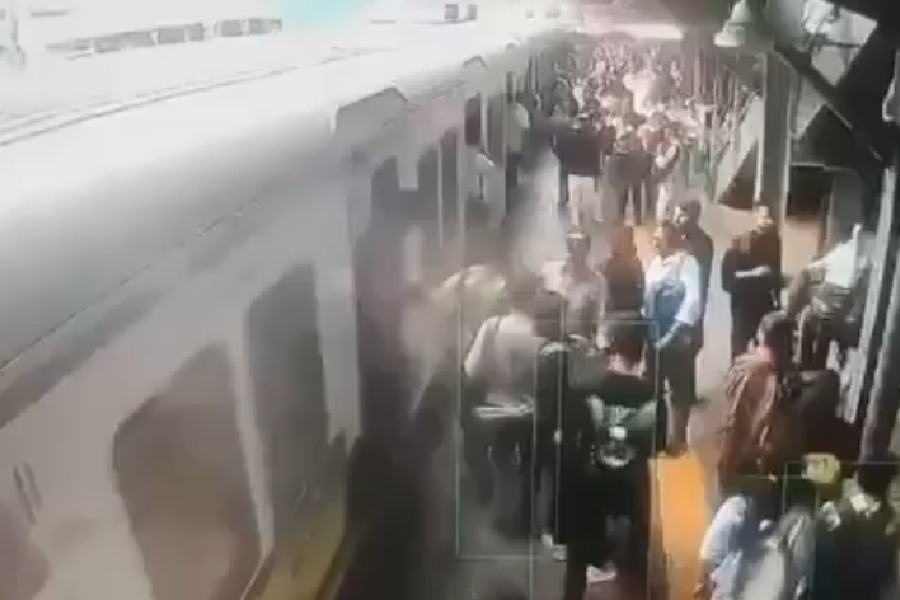From next year, computer software will set the papers for the Joint Entrance Examination Main and the National Eligibility-cum-Entrance Test (Undergraduate), picking the questions at random from an electronic question bank.
Currently, subject experts set the question papers. In the new system, subject experts will determine the algorithm or rules that the computer will follow while selecting the questions, said an official of the National Testing Agency that conducts these tests.
“The subject experts will frame rules such as how many questions of which standard, high or average, will be asked,” the NTA official said.
“We have developed sizable question banks on the subjects related to the JEE Main and NEET-UG. The subject experts will add more questions and may modify the existing questions in the bank.”
Later, the new module will be introduced to the Common University Entrance Tests for undergraduate and postgraduate courses, and the National Eligibility Test.
“In the long run, by reducing the extent of human intervention in setting the question papers, the system will help conduct a large number of tests within a short period. So, a test can be held multiple times in a year,” the official said.
The NTA will get its computers to prepare the question papers — multiple sets of them in each subject to reduce the scope for malpractice — a day before the test. International testing agencies such as the US-based Educational Testing Service or the Graduate Management Admission Council use question banks.
Asked about instances of malpractice in the exams the NTA conducts, the official blamed the exam centres.
The CBI is investigating allegations that a Jharkhandbased private firm hacked the computers of JEE Main 2021 candidates at a Haryana centre and helped them crack the test.
The NTA has debarred about 20 students from taking the test till 2024 as the probe rolls on.
“The alleged malpractice happened at the end of the test centre, not the NTA,” the official said. He said the agency involves very small groups of experts in preparing the question papers to minimise the possibility of corruption.
“The questions are transmitted to the test centres through encrypted files just before the start of the exam. Surveillance is done through CCTV cameras at the test centres, and network jammers are installed at the centres. The NTA monitors the centres from its control room,” the official said.
Recurrent technical glitches had marred the CUET-UG this year, affecting thousands of candidates whose exams had to be deferred because their computers would not function or the questions would not show up on the screen, or the answers would not get submitted.
Rajeeva Karandikar, eminent statistician and former director of the Chennai Mathematical Institute, said the NTA should introduce strong penalty provisions for the private test centres to reduce the scope for technical glitches.
He said the contracts with the centres should have detailed instructions on how to deal with the glitches, and every centre should have an additional 10 to 20 per cent nodes (computer terminals) to meet any exigencies.
Karandikar disapproved of the NTA’s practice of informing students only the day before the test about which centre they have been allotted, saying this should be done at least a week in advance.
“Rich students can reach the test centres in the morning even if they get the details the previous evening. But poor students face difficulties,” he said.
“For many, the city may be new. I understand this (delayed information) is done to minimise the possibility of the leak of question papers. However, that aspect should be addressed separately without putting psychological and financial stress on students.”
The NTA official declined comment on these suggestions. He said the NTA has strict norms that private test centres need to meet. The centres need to have 10 per cent additional nodes, all of them in running condition.
“Despite these provisions, some centres report technical glitches,” the official said.
Furqan Qamar, for mer vice-chancellor of the Himachal Pradesh Central University, said that institutions conducting their own entrance exams or giving weightage to board or university marks during admission would reduce the incentive for corruption.
He said the one-stop national entrance tests raise the stakes for students, increasing the temptation to cheat.

